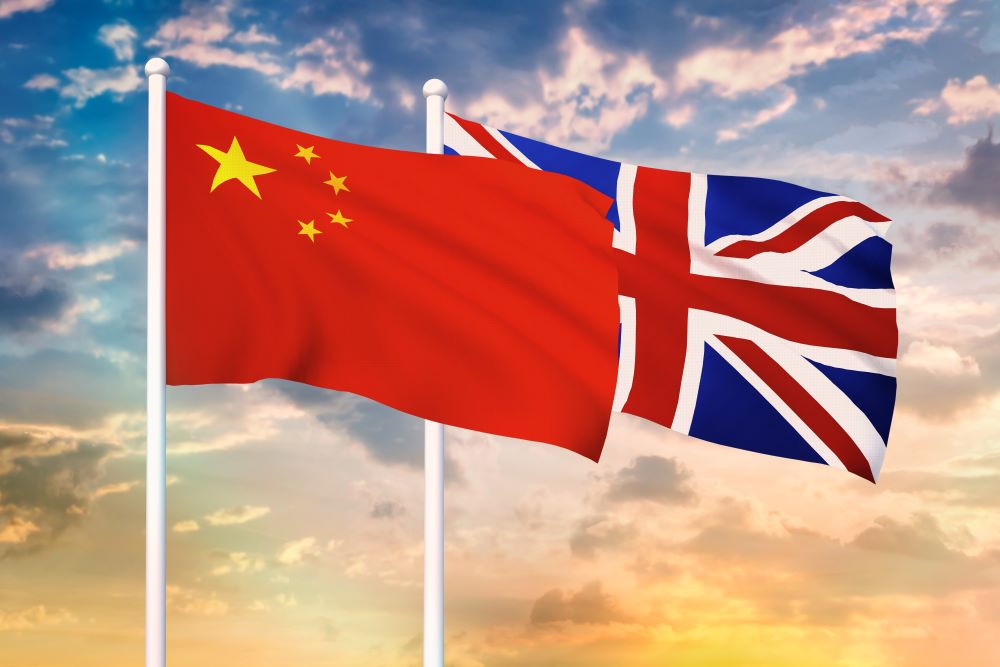
Prime minister Rishi Sunak is under increasing pressure from backbench Conservative MPs over his government’s foreign policy on China.
On Monday (8 May), trade minister Lord Dominic Johnson visited Hong Kong to start trade negotiations, prompting furious responses from China hawks within the Conservative Party.
The visit was the first by a minister since 2018 and was primarily focused on the fintech and financial service industries.
‘Shameful’ decision
Former Conservative Party leader Iain Duncan Smith and Tory backbencher Tim Loughton criticised the visit.
According to the FT, Duncan Smith called the visit “shameful” and described the government’s policy towards China as “weak”, highlighting that this would be the first official visit since the Chinese government crackdown on civilian rights in Hong Kong.
Johnson said that the government “would not look the other way on Hong Kong or duck our historic responsibilities to its people,” according to the Daily Mail.
Sunak on China
Sunak recently used a recent appearance with his Australian counterpart Anthony Albanese to describe China as the “single biggest threat” to the UK’s economic security, reports the Times.
However, in March, the PM stopped short of formally designating China as a ‘threat’ in the 2023 Integrated Review Refresh – a move that had been advocated by his predecessor Liz Truss.
As part of her foreign policy plan, Truss was expected to take a more hard-line approach to China, but did not remain in Downing Street long enough to bring this to fruition.
Truss in Taiwan
The former PM is set to visit Taiwan next week and will meet with members of the Taiwanese government.
Truss is expected to give a speech to show “solidarity” with Taiwan in the face of “increasingly aggressive behaviour and rhetoric” from Beijing, as reported by the Daily Mirror.
According to the Guardian, this speech is likely to cause anger in Beijing, which regards the island nation as a ‘breakaway’ province from China.
The UK Foreign Commonwealth and Development Office is said to be aware of the trip, but stressed that it “wouldn’t get involved in the independent travel decisions of a private citizen who is not a member of the government”.
Belt and Road
China’s Belt and Road Initiative (BRI) has suffered a significant blow after the only G7 nation in the project signalled it wants to leave.
Bloomberg reports that Italian PM Giorgia Meloni told US House Speaker Kevin McCarthy that her government is edging towards pulling out of the project. Former Italian leader Giuseppe Conte had signed up to the agreement in 2019.
The country’s withdrawal would be seen as “a big loss symbolically for China”, senior analyst at Eurasia Group Federico Santi told the Telegraph.
The move has not yet been completed, as the Italian government weighs up the consequences of a possible Chinese response.
The BRI – also known as the New Silk Road – involves massive investment in infrastructure globally and has been criticised for the debt burdens placed on some of the countries participating, such as Pakistan and Afghanistan. It is viewed by some commentators as a form of ‘Chinese soft power’.



